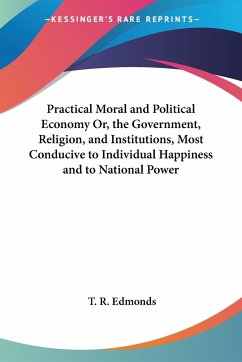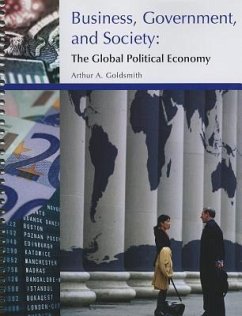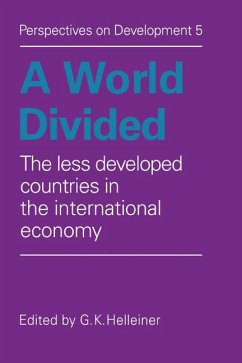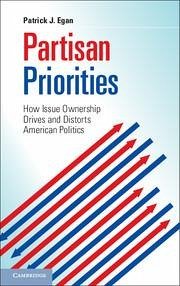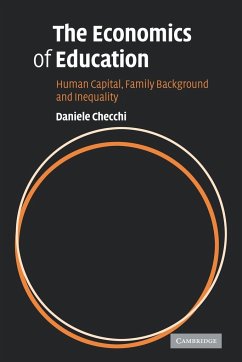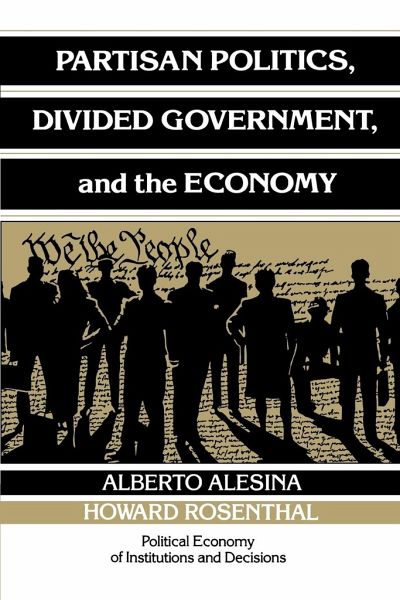
Partisan Politics, Divided Government, and the Economy
Versandkostenfrei!
Versandfertig in 1-2 Wochen
42,99 €
inkl. MwSt.

PAYBACK Punkte
21 °P sammeln!
This book develops an integrated approach to understanding the American economy and national elections. Economic policy is generally seen as the result of a compromise between the President and Congress. Because Democrats and Republicans usually maintain polarized preferences on policy, middle-of-the-road voters seek to balance the President by reinforcing in Congress the party not holding the White House. This balancing leads, always, to relatively moderate policies and, frequently, to divided government. The authors first outline the rational partisan business cycle, where Republican adminis...
This book develops an integrated approach to understanding the American economy and national elections. Economic policy is generally seen as the result of a compromise between the President and Congress. Because Democrats and Republicans usually maintain polarized preferences on policy, middle-of-the-road voters seek to balance the President by reinforcing in Congress the party not holding the White House. This balancing leads, always, to relatively moderate policies and, frequently, to divided government. The authors first outline the rational partisan business cycle, where Republican administrations begin with recession, and Democratic administrations with expansions, and next the midterm cycle, where the President's party loses votes in the mid-term congressional election. The book argues that both cycles are the result of uncertainty about the outcome of presidential elections. Other topics covered include retrospective voting on the economy, coat-tails, and incumbency advantage. A final chapter shows how the analysis sheds light on the economies and political processes of other industrial democracies.





